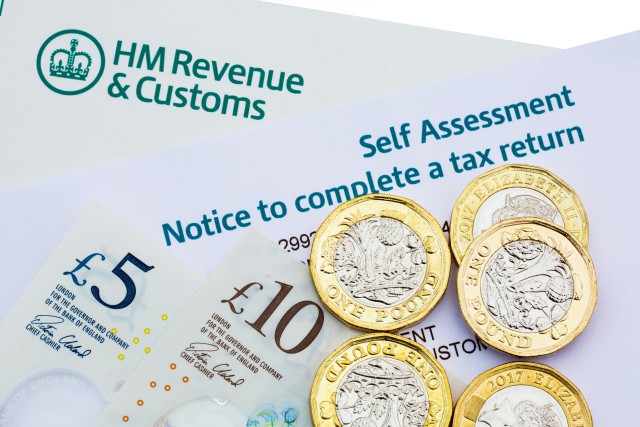Millions still need to file tax return
More than five million people in the UK have yet to fill in their tax return, with the deadline just weeks away. Failure to meet the self-assessment deadline could result in a penalty of £100, with additional fines of £10 per day after three months, up to a maximum of £900.
Importance of being organized
To avoid hefty fines, it is crucial to have all financial information in order. Trusha Shah, tax manager at HW Fisher, advises individuals to file their self-assessment online as soon as possible. Leaving it too late could result in simple, costly mistakes. Gathering necessary paperwork, such as bank statements, income details, and receipts for expenses, is essential.
Five common tax mistakes to avoid
1. Give yourself plenty of time
Trusha Shah emphasizes the importance of allowing ample time to gather necessary paperwork. This includes having your Unique Taxpayer Reference (UTR) and National Insurance number handy. Self-employed individuals should also keep records of income and receipts for expenses.
2. Tax relief on pension contributions
Claiming tax relief on pension contributions can make a significant difference to the amount going into your pension. Higher or additional rate taxpayers may need to claim extra tax relief through self-assessment. Keeping records of pension contributions is essential.
3. Include charity gift aid payments
HMRC provides tax relief on charitable donations made through Gift Aid. Donating to charity can be included in your self-assessment tax return. Individuals paying Income Tax above the basic rate can claim back the difference on their tax return.
4. Keep a copy of your completed tax return
HMRC advises employed individuals and pensioners to keep all tax paperwork for 22 months after the end of the tax year. Self-employed individuals and landlords should keep records for five years and ten months.
5. Take advantage of your personal savings allowance
The personal savings allowance allows you to earn a chunk of interest on your savings tax-free. Basic rate taxpayers get £1,000, while higher rate taxpayers get £500. You can earn up to £5,000 in interest tax-free per year.
What happens after you've submitted your self-assessment?
Once you've submitted your tax return, you will be informed of the amount of tax and National Insurance Contributions (NICs) you need to pay. If you can't afford your tax bill, you should still file your return, as the fines for late payment are lower than for late filing. Contact HMRC to discuss payment options and potentially set up a payment plan.
Remember to check your tax code to avoid being overcharged.
Did you miss our previous article…
https://hellofaread.com/money/iceland-shoppers-go-crazy-for-1-frozen-foods-range/








